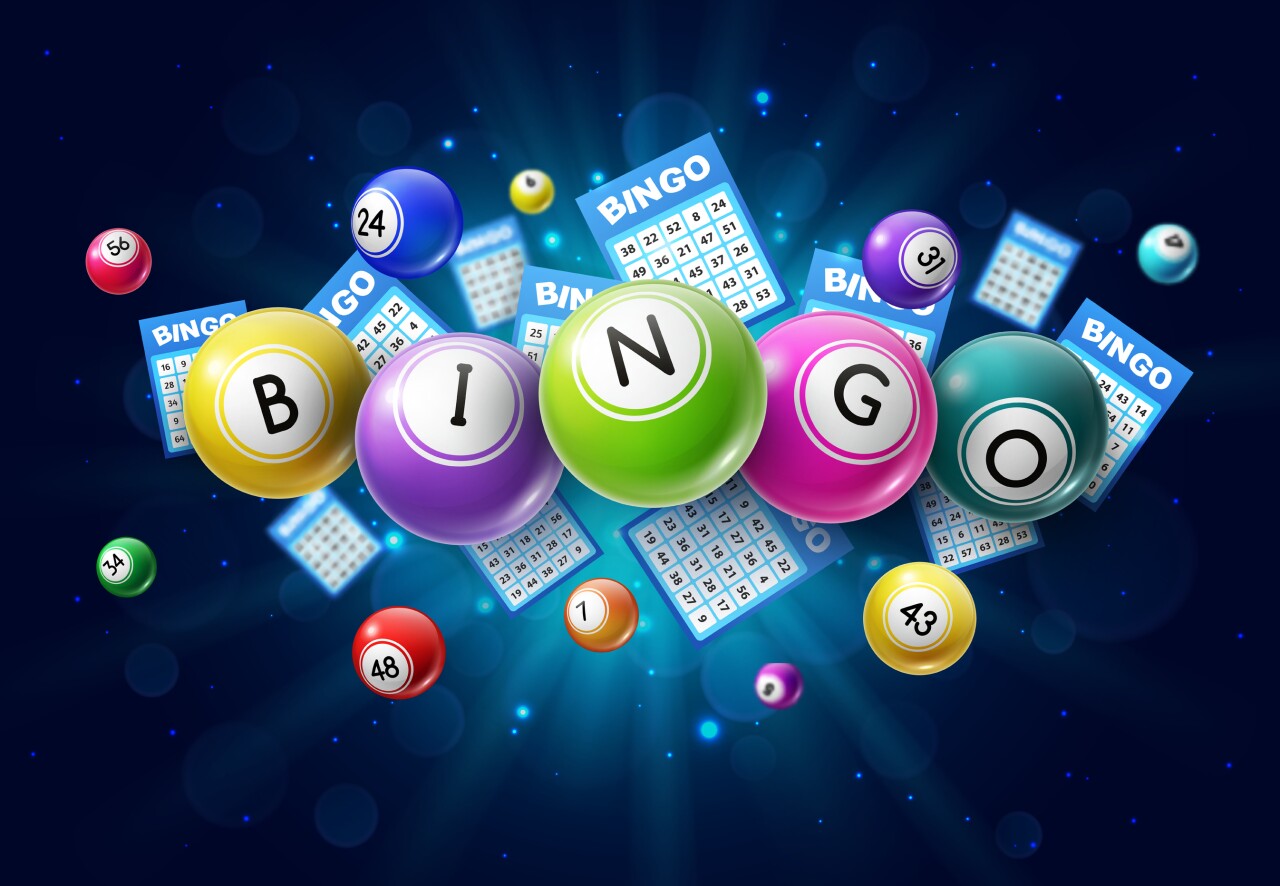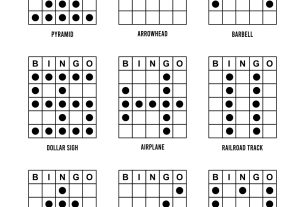Bingo halls play an essential role in their communities, providing more than just a place for play: they foster social interactions that help fight feelings of isolation.
People Bingo is an engaging student relationship building activity designed to bring students from varying stages of development together in an easy and fun environment. Discover more about this time-tested classic that has survived for hundreds of years – and is likely to continue as long as possible!
Social Interactions
Bingo provides an inclusive and vibrant social scene for players of all ages to experience a sense of community, whether playing in-hall or online. The intuitive rules and structure allow individuals from diverse age groups and cultural backgrounds to join, with regulars becoming close friendships outside the bingo hall.
Bingo’s social interaction helps strengthen interpersonal connections and promote emotional wellbeing, while its strategic gameplay serves as a forum for discussion and learning. Furthermore, chat rooms or in-game hosts responsible for gaming facilitation play an invaluable role in creating a community environment by engaging players, initiating dialogue, and reinforcing bingo etiquette.
Social skills developed in People Bingo can also be applied in real life situations, for instance in classroom settings where students interview one another and mark each other’s answers on a grid.
Bridge Generational Divides
Bingo’s social aspect brings together people of all ages for its enjoyment, creating bonds of friendship between players. This book delves into how these interactions develop into new bonds between individuals, creating a sense of community among players. Furthermore, it explores how bingo has changed with economic and cultural shifts over time.
Bingo stands out from many other games by being accessible and fair for all players. Thanks to its random number generator, all participants have an equal chance at success, making it easier for people from diverse backgrounds to connect while minimizing prejudice and fostering an atmosphere of equality and equity.
As well as building relationships, playing bingo can also improve hand-eye coordination and fine motor skills, helping reduce cognitive decline. Furthermore, bingo can provide an enjoyable way for family or friends to spend time together at retirement homes; additionally it may help alleviate feelings of isolation and depression among elderly patients as well as increase self-esteem and encourage a healthier lifestyle for them.
Boosts Self-Esteem
Bingo offers older adults an enjoyable diversion from daily routines and worries, and promotes mental stimulation – potentially decreasing cognitive decline risk. Furthermore, playing this game with family and friends fosters intergenerational connection.
An added thrill in bingo comes from its exciting prize hunt aspect and competitive nature; plus it fosters positive social interactions among players as well as friendly rivalries among them.
Self-Esteem Bingo can serve as an effective classroom icebreaker and help students become acquainted with one another quickly. Furthermore, this activity promotes healthy relationships by helping to break down social hierarchies that exist between classmates based on factors like popularity, race, gender or class; students also develop communication skills necessary to effectively express themselves within groups – this results in improved self-esteem and classroom dynamics! Interested? Click here for more details of Self-Esteem Bingo!
Promotes Healthy Habits
Bingo is an enjoyable pastime that draws in many players for more reasons than just its chance to win big jackpots. Its social element allows people to meet and connect with fellow gamers in an informal and lively setting – something which can be found both online and at physical gaming halls.
Traditional bingo players would gather together in one physical location to play bingo and interact with one another – cheering each other on, exchanging stories about their day, making new connections, etc. This social aspect made it easy for individuals from various backgrounds to find common ground in an enjoyable and engaging atmosphere.
Automated daubing may have reduced the social aspects of gaming, yet players still interact through chat features to share experiences, discuss strategies, and form virtual communities that continue to foster an atmosphere of camaraderie even after the game has concluded.





